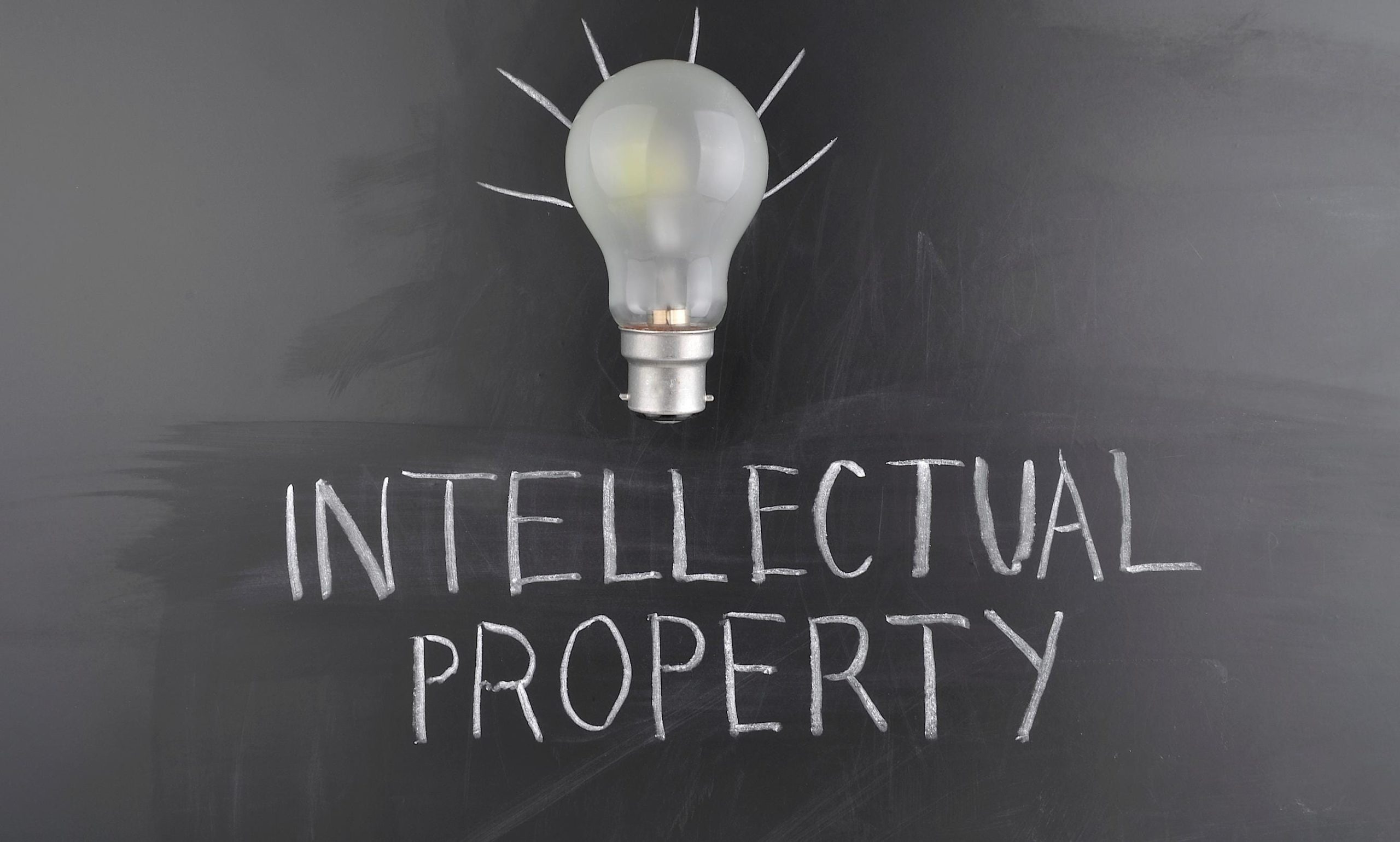What Copyright Infringement Defenses Are Available?
Whether you believe that your copyright has been infringed or you have been accused of infringing a copyright, you should know the defenses that are available. They include:
Fair Use
Use of a copyrighted work for purposes such as reporting the news, reviewing a book or creating a parody may be permitted by the doctrine of fair use. The court will look at factors like whether the use was for profit; how much of the work was used; whether the use economically harmed the copyright owner; and the nature of the original work.
License
If a copyright owner grants a license to use the copyrighted work and the license holder uses the work as agreed, the copyright owner may not then turn around and sue the license holder for infringement.
First Sale
The first-sale doctrine says that the purchaser of a copyrighted work, such as a music CD or a book, can resell that copy. Although the purchaser does not own the copyright in the work, he or she does own the physical copy of the work.
De Minimis Use
The minimal copying of a work might not be considered infringement if the copied portion is inconsequential.
Statute of Limitations
The time limit for filing a federal copyright infringement lawsuit is three years. If more than three years have passed, it is likely that the copyright owner no longer has a case.
Laches
The doctrine of laches is designed to protect defendants who were harmed by a copyright owner’s failure to assert his or her rights. For example, if a copyright owner knows of infringing activity but waits to file a lawsuit until the infringing party has made a lot of money from the work, the doctrine of laches could prevent the lawsuit from succeeding.
Unclean Hands
If the copyright holder has engaged in activity that goes against the purposes and principles of copyright, the court may find that the holder does not have the right to sue to enforce his or her rights.
Misrepresentation
If the copyright holder lied to the US Copyright Office, the holder may not be able to sue for infringement of the copyright registered by the Office.
Abandonment
When a copyright owner takes action that indicates intent to surrender the copyright, the owner cannot then collect from someone who copied the work.
Equitable Estoppel
If a copyright owner is aware of alleged infringement but does nothing, knowing that the infringer will act to his or her detriment based upon this, the infringer has a defense against the copyright owner.
Collateral Estoppel and Res Judicata
If the issue has already been through the courts, chances are that it cannot go through again.
Work Not Subject to Copyright Protection
If the work is not covered by copyright, then there is no copyright to be enforced. This can happen if the work has fallen into the public domain because of the passage of time or because of problems with registration. It also may happen because the work was never copyrightable in the first place due to lack of originality or being an unprotectable idea.
Defenses do not include posting a disclaimer after the use of a copyrighted work or the unknowing infringement of a copyrighted work.
An attorney who is experienced in intellectual property law can help you with your copyright infringement case.
Copyright © 2008 FindLaw, a Thomson Reuters business
DISCLAIMER: This site and any information contained herein are intended for informational purposes only and should not be construed as legal advice. Seek competent counsel for advice on any legal matter.

